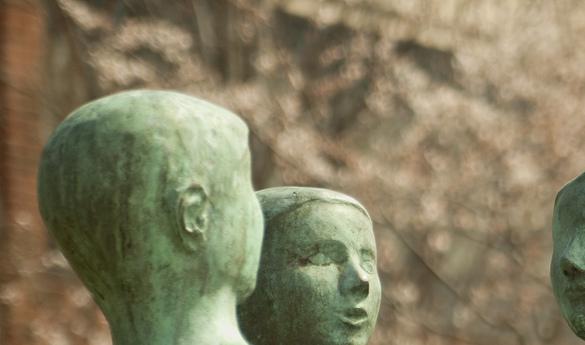OPINION: The liberal arts hold significance not measurable by conventional statistical analysis
Perhaps the most common and most bothersome question every student is asked, starting in the latter years of high school and ending—I hope—after college graduation, is in regard to one’s intended area of academic pursuit.
“ What is your major?”
“ What do you want to study?”
“ What do you want to do with your life?”
“ What career interests you?”
“ Where do you see yourself in 10 years?”
These are all awfully good questions. So good, in fact, that I can confidently answer none of them. I suspect I am not alone in my befuddlement.
There are some students, however, who can answer these questions, and they are wiser people than I am. They are future teachers and doctors, engineers and entrepreneurs, inventors and authors, and they all seem to know exactly what their life’s purpose is. I envy them.
For those that can, or at any rate, do answer these questions, there are inevitable responses: praises for the STEM majors and smiles for the rest. For those that cannot, there are similar suggestions: go STEM if you can stomach it. Research shows that technical degrees such as engineering qualify students for a higher profit career and help them get hired. But is this the right approach? Is a college education’s only purpose to better prepare young people for jobs? We are certainly beginning to treat it that way.
Schools that have good STEM programs receive benefits, and those schools that struggle with post-graduate student employment are threatened to boost technical enrollment or lose funding. Departments of English, theology, philosophy, history and the rest are all constantly made to justify their existence. Students who take a degree in one of these fields and struggle to find a job are told that their education was a waste and that their studies were pointless.
I refuse to accept that the sole purpose of college is to increase employability. Education can be career-oriented, to be sure, but it is certainly a fault to pretend that all education is career-oriented.
Most education began as person-oriented. Studies were not seen as a means to a job, but as an enrichment of the soul. This is in few places more obvious than in the High Middle-Ages, where theology (that unemployable waste) was the critical class at universities. Theology was referred to as "The Queen of the Sciences" and was the culmination of the all higher learning – it had no care for jobs and capital, but for the person and the soul. The complete implementation of such an education is obviously now impractical in a world driven by degree-holding enterprise, but it should not be forgotten.
America has given the world a great gift – the liberal arts college. But she is slowly turning her back on it. The humanities cannot be held to the same success standards as the technical fields (innovation, modernization, technical proficiency) because they do not concern the same items and do not have the same goal. The constant pressure on humanities to measure up to a standard they were not intended to fit has produced rather sadly comic results – there was some study done a few years back that the average readership of an academic article in a moral philosophy journal is about one and a half (the philosophers would add that the one reader was their mother). The liberal arts should not be measured by productivity and innovation, but by, as John Henry Newman writes, the formation of “a habit of mind … which lasts through life, of which the attributes are freedom, equitableness, calmness, moderation, and wisdom”.
I do not, of course, mean to denigrate the physical sciences and technological studies. I only ask that we do not fall victim to the sterility of statistics, that different educations be treated differently and that the traditions of liberal learning not be given up without a rollicking and fervent fight.
The opinions expressed in this piece are those of the author and do not necessarily reflect the views of the publication.

